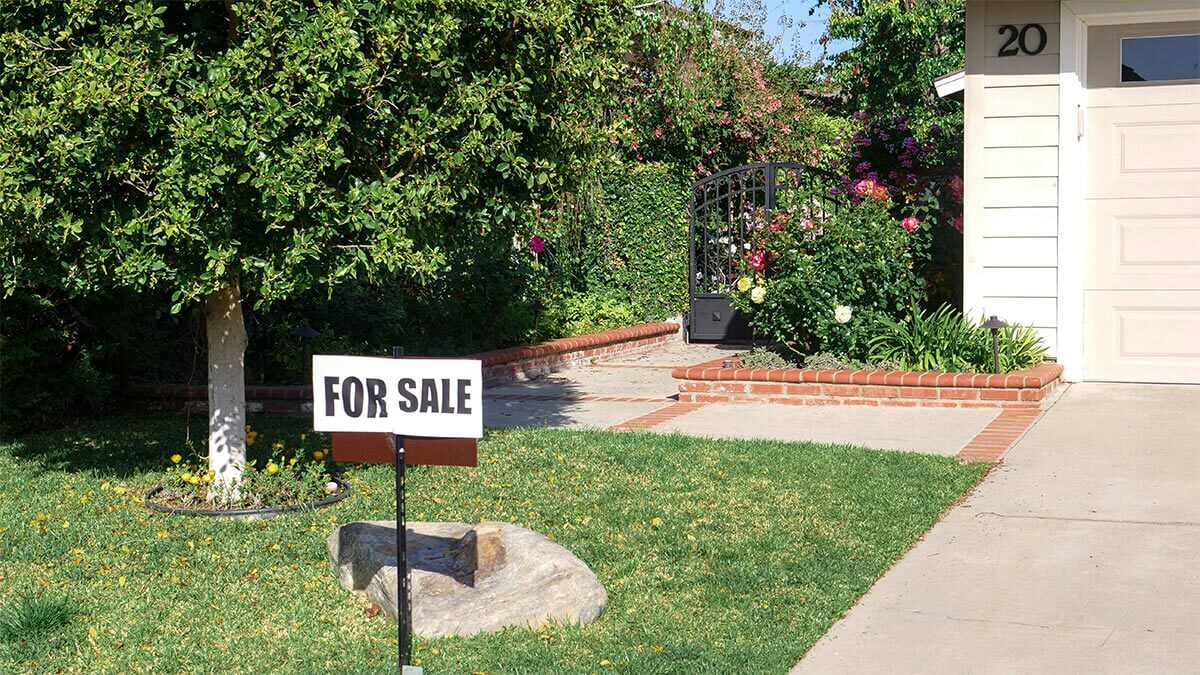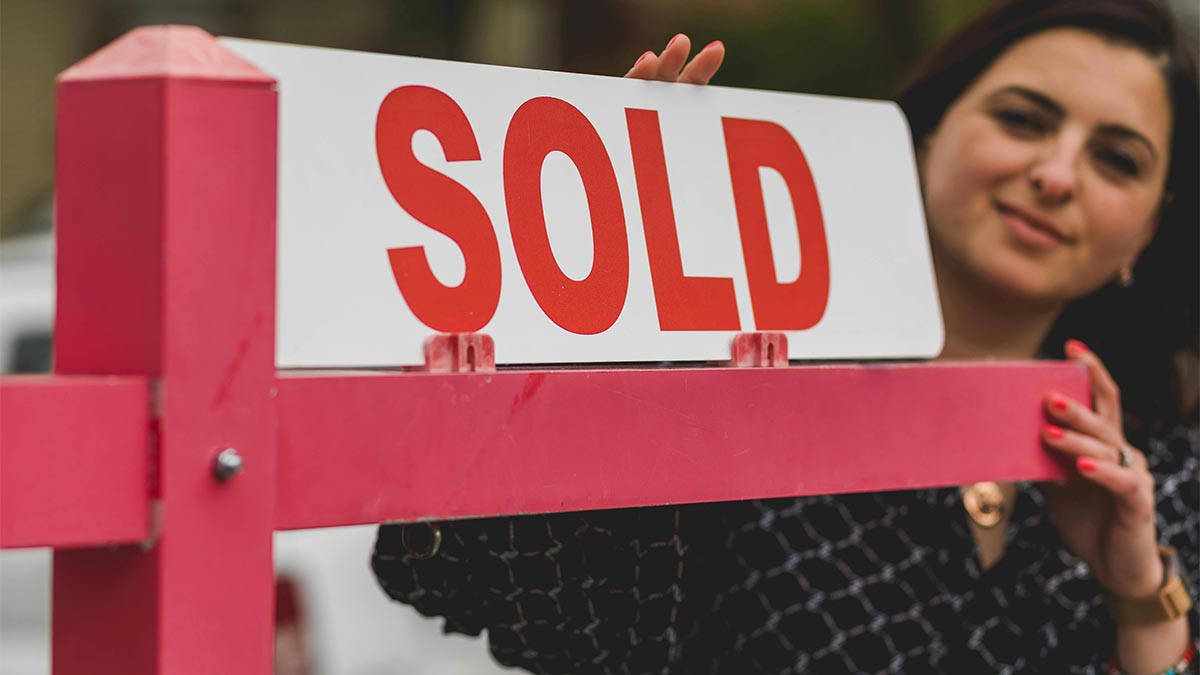Thinking about selling your home in Florida? Before you count your profits, there’s one thing you can’t ignore, taxes. More specifically, capital gains tax. Don’t worry, we’ll break it down in plain English and help you figure out what it means for your sale.
A lot of sellers are surprised to learn they might owe taxes after a big sale. But with the right info, you can avoid surprises, and even lower your bill. In this guide, we’ll show you how capital gains tax works in Florida, when you might owe it, and smart ways to reduce it.
Thinking of selling? Get a fair, data-backed cash offer from iBuyer.com and skip the listings, showings, and drama. You pick the close date, we handle the heavy lifting.
Instant Valuation, Confidential Deals with a Certified iBuyer.com Specialist.
Sell Smart, Sell Fast, Get Sold. No Obligations.
Florida Capital Gains Tax
- What Is Capital Gains Tax, and Why It Matters in Florida
- Does Florida Have a Capital Gains Tax on Property?
- How to Calculate Capital Gains When You Sell Your Home
- Know the Difference: Short vs. Long-Term Capital Gains
- What’s Exempt? Selling Your Primary Residence in Florida
- How to Reduce or Avoid Capital Gains Tax on Real Estate
- Reilly’s Two Cents: Selling Homes and Dodging Tax Surprises
- Before You Start Selling
- Frequently Asked Questions
What Is Capital Gains Tax, and Why It Matters in Florida
When you sell something for more than you paid, that extra money is called a capital gain. It’s like flipping a house or selling stocks, you earn more than you spent.
The government sees that gain as income, which means it may be taxed. That tax is called capital gains tax.
In real estate, this comes into play when you sell a home that’s gone up in value. If you bought a house for $250,000 and sold it for $350,000, you made a $100,000 gain. That’s what the IRS might tax.
Whether or not you owe depends on how long you owned the home, how much you made, and your filing status. It also depends on whether the home was your primary residence or not.
Even though Florida doesn’t have a state income tax, the federal government still taxes capital gains. So if you’re selling real estate here, it’s important to understand how capital gains are taxed and how it affects your taxable income.
Does Florida Have a Capital Gains Tax on Property?
Good news first, Florida doesn’t charge its own capital gains tax. That means when you sell a property here, the state won’t take a cut of your profit.
But that doesn’t mean you’re off the hook. The IRS still taxes capital gains at the federal level, and that’s where most of your tax bill comes from.
So even though you won’t pay Florida capital gains tax, you’ll still need to report your gain on your federal tax return. That amount gets added to your taxable income, and how much you owe depends on your total earnings and how long you owned the home.
In short: Florida may be tax-friendly, but Uncle Sam still wants his share.
How to Calculate Capital Gains When You Sell Your Home
To figure out your capital gains, start with what you sold the home for, then subtract what you paid for it. Sounds easy, right? But there are a few more steps.
First, find your cost basis. That’s what you paid for the home, plus any big improvements, like a new roof or kitchen remodel.
Next, subtract that number from your net proceeds, which is your sale price minus closing costs, agent fees, and similar expenses.
Let’s say you bought your home for $200,000, spent $20,000 on upgrades, and sold it for $320,000. After $20,000 in selling costs, your gain would be $80,000.
That $80,000 might be taxed, unless you qualify for an exemption. We’ll cover that soon.
This is why it’s smart to keep records of your home improvements and sale expenses. They can lower your tax liability big time.
Know the Difference: Short vs. Long-Term Capital Gains
Capital gains come in two flavors, short-term and long-term, and the IRS taxes them differently.
If you owned the home for less than a year, your profit is a short-term capital gain. That gets taxed like your regular income, using your tax bracket. So if you made a lot that year, your tax rate could be pretty high.
But if you owned the home for over a year, you’re looking at a long-term capital gain. That usually means a lower tax rate, either 0%, 15%, or 20%, depending on how much you earned and your filing status.
Here’s a quick tip: Holding onto your property just a little longer can make a big difference in how much tax you pay.
What’s Exempt? Selling Your Primary Residence in Florida
If the home you’re selling is your primary residence, you might not owe any capital gains tax at all. That’s thanks to something called the Section 121 exclusion.
Here’s how it works: If you’re a single filer, you can exclude up to $250,000 in gains. If you’re married and filing jointly, it goes up to $500,000.
To qualify, you must have owned and lived in the home for at least two of the last five years before the sale. These don’t have to be the same two years, and they don’t have to be in a row.
This rule is a huge help for everyday sellers who’ve lived in their homes for a while. It means you can walk away with a profit, and pay zero capital gains tax.
Just make sure you haven’t used this exclusion in the last two years. That’s one catch the IRS won’t overlook.
How to Reduce or Avoid Capital Gains Tax on Real Estate
Even if you don’t qualify for the primary home exemption, there are still smart ways to lower or avoid capital gains tax.
First up is the 1031 exchange. If you’re selling an investment property, you can roll your profit into another similar property and delay paying taxes. Just make sure you follow the strict timeline, usually 180 days to complete the swap.
Another option is tax-loss harvesting. If you’ve sold other assets at a loss, you can use those losses to offset your capital gains. It’s like balancing the scales on your tax return.
Finally, timing your sale can help. If you’re close to hitting the one-year mark, waiting could move your gain into the long-term category and reduce your tax rate.
Little moves like these can have a big impact on your taxable income, and your wallet.
Reilly’s Two Cents: Selling Homes and Dodging Tax Surprises
I’ve worked with plenty of Florida homeowners who were shocked to learn they might owe capital gains tax after a sale. It’s not something most people think about when they list their house, but it definitely comes up once that profit number gets real.
One thing I always tell sellers: track your upgrades. Whether it’s a new AC unit or a bathroom remodel, those costs can add to your cost basis and reduce your taxable gain. Keep the receipts, it’s worth the effort.
Also, if you’re getting close to owning your home for two years, it might be worth waiting. That time can make or break your ability to claim the primary residence exemption.
And finally, talk to a tax pro before you sell. Every situation is a little different, and it’s better to go in with a plan than get surprised at tax time.
Selling a home can already feel overwhelming. But with the right moves, taxes don’t have to add stress to the mix.
Before You Start Selling
Before you put up the “For Sale” sign, take a few smart steps to get ahead of taxes.
Start by gathering your paperwork, closing statements, home improvement receipts, and anything that shows how much you spent or earned on the property. These details help calculate your gain and lower your tax bill.
Next, check how long you’ve owned the home. If you’re close to the one-year or two-year marks, waiting a bit could help you qualify for better tax treatment or even an exemption.
Also, figure out whether this was your primary residence or a rental. The rules, and the tax bill, can be very different depending on how you used the property.
If things get tricky, talk to a tax advisor. A quick consult can save you thousands and help you avoid common mistakes.
Want a simple way to sell without all the tax drama? Try iBuyer.com. Get a fair, data-backed cash offer and choose the close date that works for you.
Compare Cash Offers from Top Home Buyers. Delivered by Your Local iBuyer Certified Specialist.
One Expert, Multiple Offers, No Obligation.
Frequently Asked Questions
Florida doesn’t charge a state capital gains tax, but you may still owe federal tax if you made a profit on the sale.
If the home was your primary residence and you meet the IRS rules, you may qualify to exclude up to $250,000 (or $500,000 if married) from tax.
You likely won’t owe capital gains tax right away. The property gets a “stepped-up basis,” so taxes are based on its value when you inherited it, not when the previous owner bought it.
Yes. Primary homes may qualify for exclusions. Rental or investment properties don’t, but you might use a 1031 exchange to defer taxes.
Reilly Dzurick is a seasoned real estate agent at Get Land Florida, bringing over six years of industry experience to the vibrant Vero Beach market. She is known for her deep understanding of local real estate trends and her dedication to helping clients find their dream properties. Reilly’s journey in real estate is complemented by her academic background in Public Relations, Advertising, and Applied Communication from the University of North Florida.




